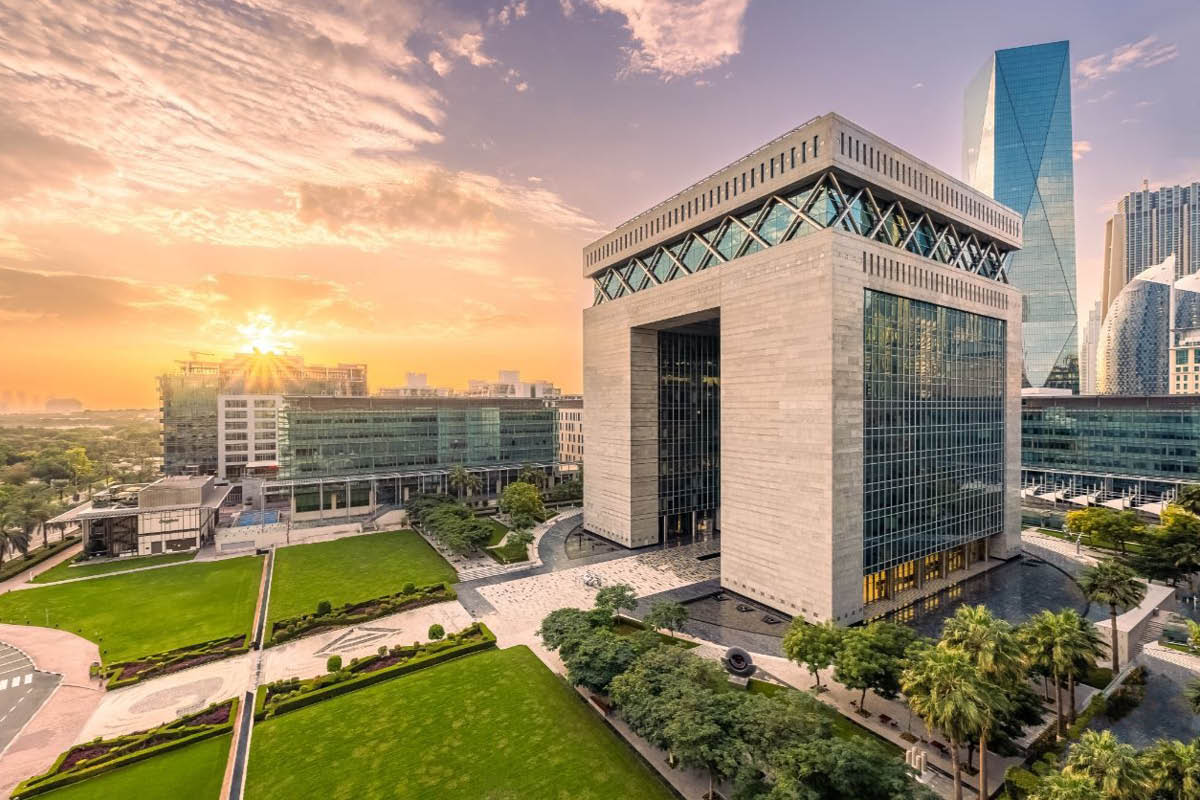The misuse of deepfakes and voice theft has emerged as a significant concern in UAE as high-profile cases of unauthorised manipulation and distribution of peoples’ likenesses and voices in other parts of the world is gaining global attention.
As the UAE, and the rest of the world, work to set up appropriate legal frameworks for the age of AI democratisation, experts weighed in on the legal recourse available to UAE residents should they ever fall victim to such AI-enabled infringements.
In an interview with Arabian Business, Samir Safr-Aly, Financial Regulatory, Compliance, and Investigations Counsel at law firm Baker McKenzie in the UAE, shared some insight into the current legal framework surrounding AI-related offenses.
“As with most emerging and/or enabling technologies that do not have a specified legal framework, we often find that existing laws need to be interpreted in view of the current technological realities in order to find relevance and legal recourse,” he said.
Safar-Aly emphasised that the legal recourse for deepfakes, voice theft, or intellectual property (IP) infringement by AI depends largely on the nature and impact of the offense.
The UAE Penal Code and the UAE Cybercrimes Law, he said, provide provisions for addressing issues such as defamation, fraud, privacy breaches, and the spread of fake news or misinformation, which could be applicable in cases involving deepfakes or voice theft, and result in imprisonment or a fine.
When it comes to IP infringement, however, the UAE Copyright Law can play a crucial role. However, Safar-Aly acknowledged the global debate surrounding the copyrightability of AI-generated content and the implications of copyright infringement by AI models.
“The concept of whether AI-generated content is copyrightable in the first place remains a contested issue globally, as does the implications of copyright infringement by AI models,” he said.
Celebrity deepfake scandals
Recent high-profile cases, such as the deepfaked images of Taylor Swift and the ongoing legal battle between Scarlett Johansson and OpenAI over alleged voice theft, have brought these issues to the forefront. Additionally, a recent criminal case in Maryland, where a high school principal was framed as racist by a fake recording of his voice, highlights the potentially damaging consequences of such AI-enabled offenses.

“In the absence of a standalone legislation on AI, residents can seek legal recourse for deepfakes, voice theft, or IP infringement by AI through existing intellectual property, cybercrime, and privacy laws,” Marina El Hachem, TMT Associate at BSA, told Arabian Business.
“Such a lawsuit would involve demonstrating the unauthorised use or manipulation of personal data or copyrighted material.”
She highlighted the UAE’s efforts to establish a comprehensive regulatory framework for AI, including the AI Strategy 2031 and the recent amendment to the DIFC Data Protection Regulations, which introduced new requirements for processing personal data via autonomous and semi-autonomous systems like AI.
Safar-Aly acknowledged the challenge of keeping legal frameworks up-to-date with the rapid pace of AI advancements, but expressed confidence in the UAE’s proactive approach. “We are very fortunate in the UAE, where the Government and relevant regulators have been forward-thinking in developing legal landscapes to help foster positive change,” he said.
Both experts underscored the importance of safeguards for AI systems trained on personal data. They highlighted the need for robust encryption, anonymisation techniques, strict access controls, and adherence to data protection regulations to ensure transparency, consent, and data minimisation.
As the UAE continues to embrace AI and position itself as a global hub for innovation, experts stress the need for interdisciplinary dialogue, public engagement, and international cooperation to ensure that AI laws reflect societal values and priorities, the experts said.

“It’s crucial to foster interdisciplinary dialogue and public engagement to ensure AI laws in the UAE reflect societal values and priorities,” El Hachem said.
“Additionally, fostering a supportive ecosystem for AI research and development, including incentives for responsible AI innovation, can drive sustainable progress while mitigating risks.”
While the UAE may not have a dedicated AI law yet, experts agree that the existing legal framework, coupled with the government’s forward-thinking approach and commitment to developing a robust regulatory landscape, provides residents with avenues for recourse should they fall victim to AI-enabled infringements.






